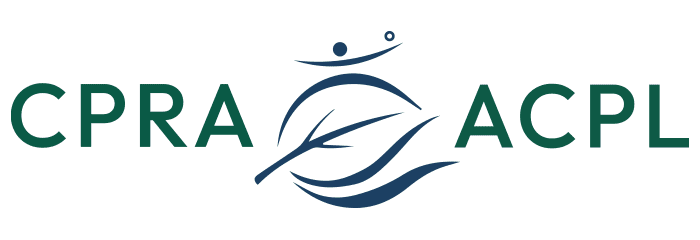The Canadian Fitness and Lifestyle Research Institute (CFLRI) and the Canadian Parks and Recreation Association (CPRA) have partnered to champion the Measuring Impact of SPAR initiative to provide innovative new research, tools and resources that demonstrate the multifaceted impact and value of the SPAR sector.
SPAR is an essential sector providing the building blocks for a healthier, happier, sustainable, and more resilient Canada, critical to shaping our nation’s future. Decision makers need research and evidence to make sound proposals when preparing, evaluating, and debating policies, programs and other initiatives. This initiative aims to quantify the impacts that SPAR investments can have on the social, health, economic and environmental wellbeing of Canadian communities. Decision makers at all levels of government can see evidence of significant positive returns through strategic SPAR investment.




